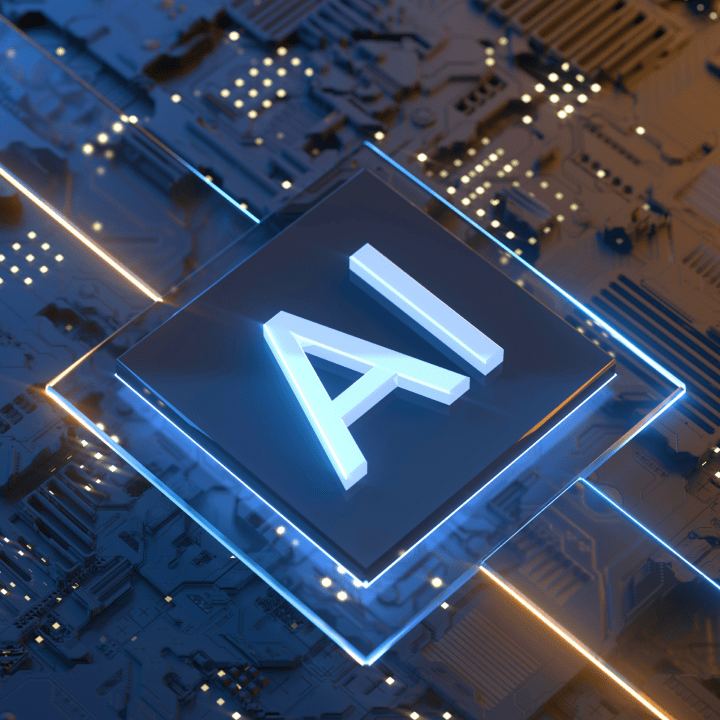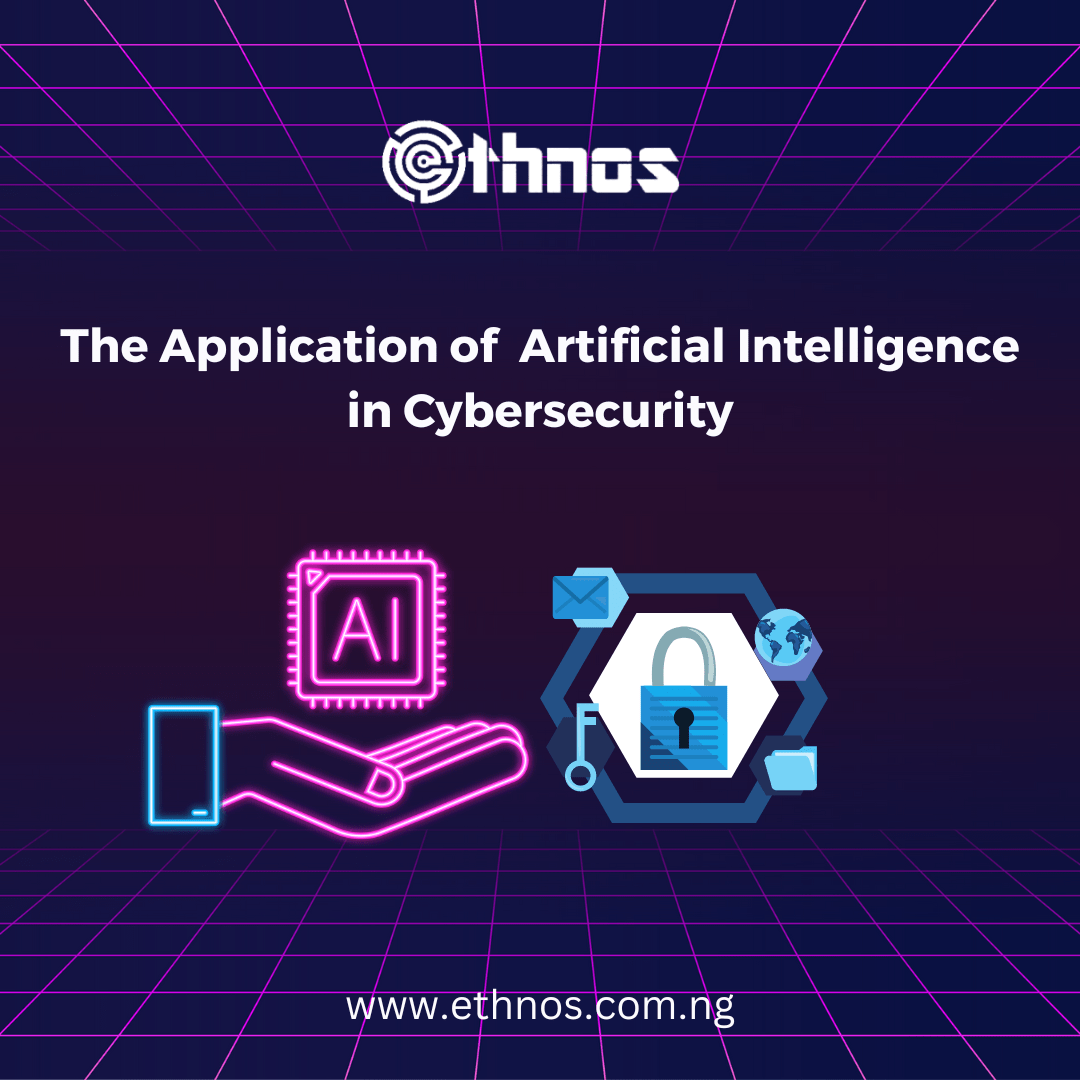Artificial Intelligence in Cybersecurity: In the dynamic realm of technology, innovation is inevitable, from time to time as there’s usually a new kid on the block. Currently, Artificial Intelligence (AI), is the enormous newcomer that is reshaping the digital landscape. With its capacity to learn, adapt, and process data speedily, AI has emerged not just as a tool, but as a transformative force that promises to revolutionize industries across the board.
Artificial Intelligence in Cybersecurity
In cybersecurity, those who embrace AI stand to empower their defences against ever-evolving threats, while those who lag behind risk being left in the wake of this disruptive tide as both cybersecurity experts and cybercriminals are harnessing its potential.
We are currently in an era where adaptability and innovation will determine who rises and who falls. This article explores the diverse applications of AI in the field of cybersecurity.

How Cybersecurity Experts Can Harness the Power of AI
1.Threat Detection and Prevention
AI’s greatest strength lies in its ability to sift through massive datasets to identify subtle patterns and anomalies. Traditional rule-based systems struggle to keep pace with evolving attack techniques, but AI-powered solutions excel at recognizing new and previously unseen threats. Machine learning algorithms can learn from historical data, swiftly recognizing deviations from normal behavior and thereby prevent potential breaches.
2. User Authentication
AI-driven authentication methods are enhancing security protocols. Behavioral biometrics assess a user’s unique behavioral traits, such as typing speed and mouse movements, to confirm their identity. This approach adds an additional layer of security beyond traditional username and password combinations.
3. Behavioral Analysis
One of the most promising applications of AI in cybersecurity is behavioural analysis. This is done by leveraging its advanced capabilities to identify deviations from normal behaviour, spot anomalies, recognise patterns that could signify potential threats and raise alerts. This process is particularly effective in detecting insider threats, zero-day attacks, and other sophisticated cyberattacks that may be difficult to counter with traditional rule-based methods.
4. Machine Learning-Driven Defense
AI’s role in machine-driven defense is to automate various aspects of the defensive strategy, making it more proactive, adaptive, and effective against a rapidly evolving landscape of cyber threats. This trait is instrumental in crafting dynamic defense mechanisms that evolve alongside attackers. By continuously learning from new data, AI systems can adjust their responses to match the latest tactics, techniques, and procedures employed by cybercriminals.
In conclusion, as the digital landscape is expanding, cyber threats have become more sophisticated, and the synergy between human expertise and AI capabilities has become indispensable. At Ethnos, we have employed the use of AI in the development of our mobile security testing platform called Aquila, which has been developed to empower App owners and Developers achieve ultimate security standard for their mobile applications. With a comprehensive suite of advanced security testing tools, Aquila has the ability to scan for vulnerabilities, monitor and protect mobile applications.
There’s still an exclusive opportunity for you to gain early access to Aquila for free.
For questions and inquiries, click here. Our team of cybersecurity experts is available to answer any questions you may have.
Artificial Intelligence in Cybersecurity – Artificial Intelligence in Cybersecurity – Artificial Intelligence in Cybersecurity



